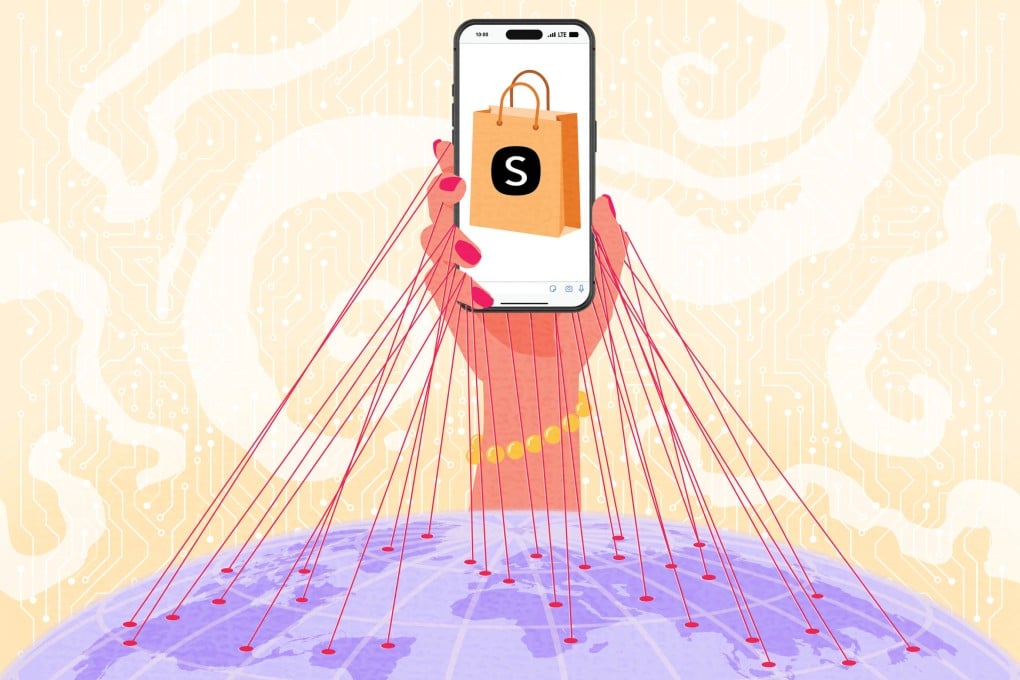In China’s Guangzhou, a web of factories gives rise to fast-fashion juggernaut Shein
- An extensive army of manufacturers, managed through a complex digital system, has fed Shein’s meteoric growth

The mercantile history of Guangzhou, the city once called Canton that is about two hours’ drive from Hong Kong, can be traced back to Wu Bingjian, one of the richest men to have ever lived on Earth.
Today, foreign trade is alive and well in the southern port, where a new breed of merchants have emerged. Taking advantage of the internet and the country’s vast army of factory workers, companies like Shein – pronounced “she-in” – and others have quickly risen as contenders to global retail giants from Amazon.com to H&M Group.
Hidden in the town of Nancun in Guangzhou’s Panyu district, a labyrinth of residential buildings and small factory compounds, is Shein’s sourcing centre. At the nearby Dexing Industrial Park, walls and walkways are covered in recruitment ads for workers, who are needed to fill the flood of orders coming from Shein.
One factory looking for “cross-border trade” sewing workers promises a new-hire bonus of 1,000 yuan (US$138), an annual bonus of 8,000 yuan and a rent subsidy of 300 yuan. Another facility, in need of “unlimited” labour supply, boasts of “central air-conditioning” and “timely salary payment”.
A drab, five-storey matchbox building houses at least seven workshops – Shanghong Garments, Hongze Clothing, Yuejie, Hongshi Clothing and Aixi Fashion, according to the signs. It is just one of hundreds of similar buildings across Panyu, home to over 7,000 manufacturers, according to government data.
Shein and its rivals are the beating heart that keeps these small factories running. All day long, trucks plastered with Shein logos stop by to load up on freshly sewn boxers and cocktail dresses. Many of these products will soon find their way to consumers halfway around the globe, who bought them with a tap on their smartphones.